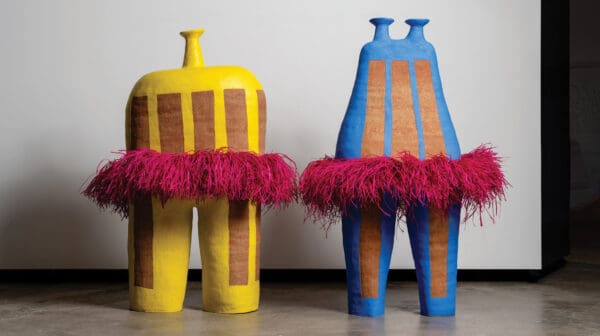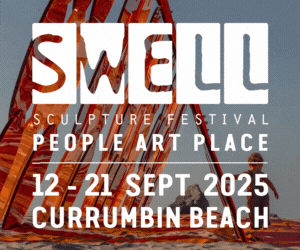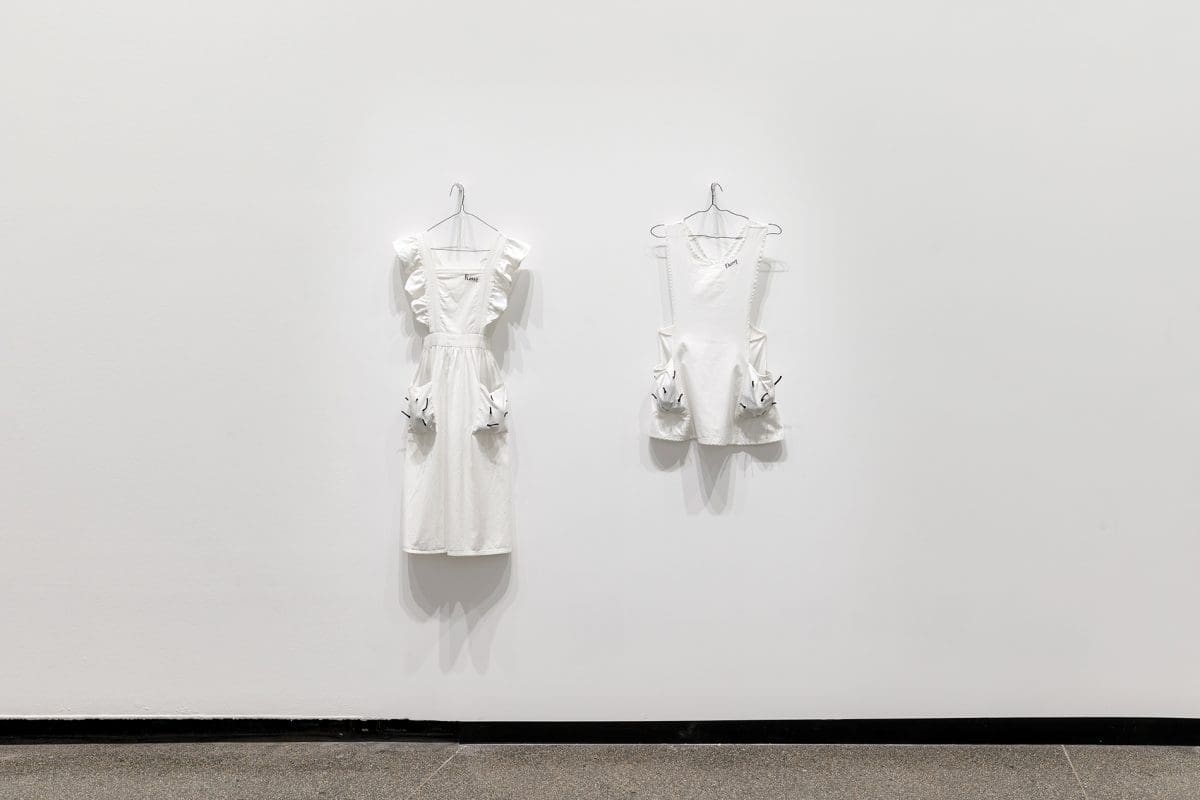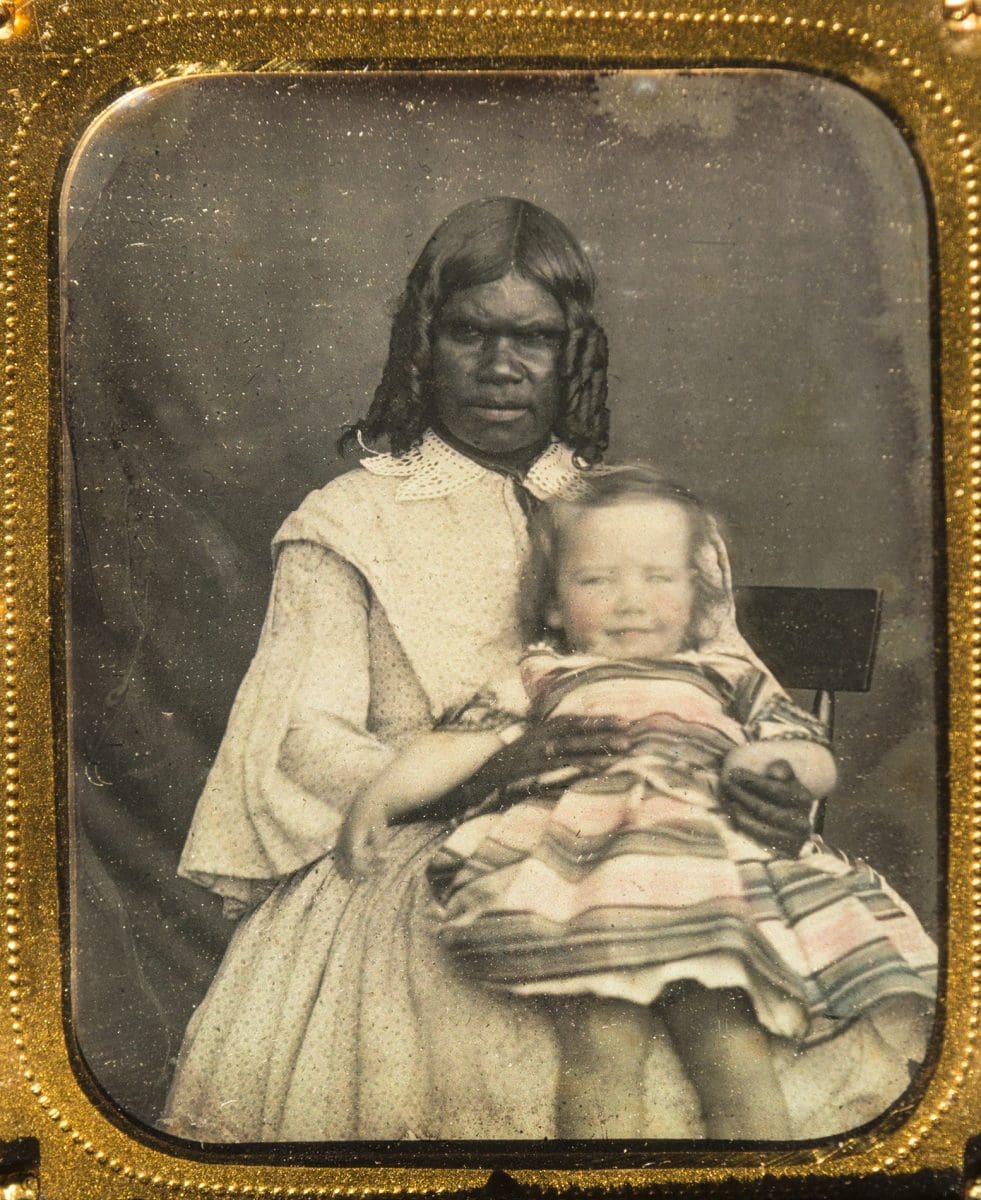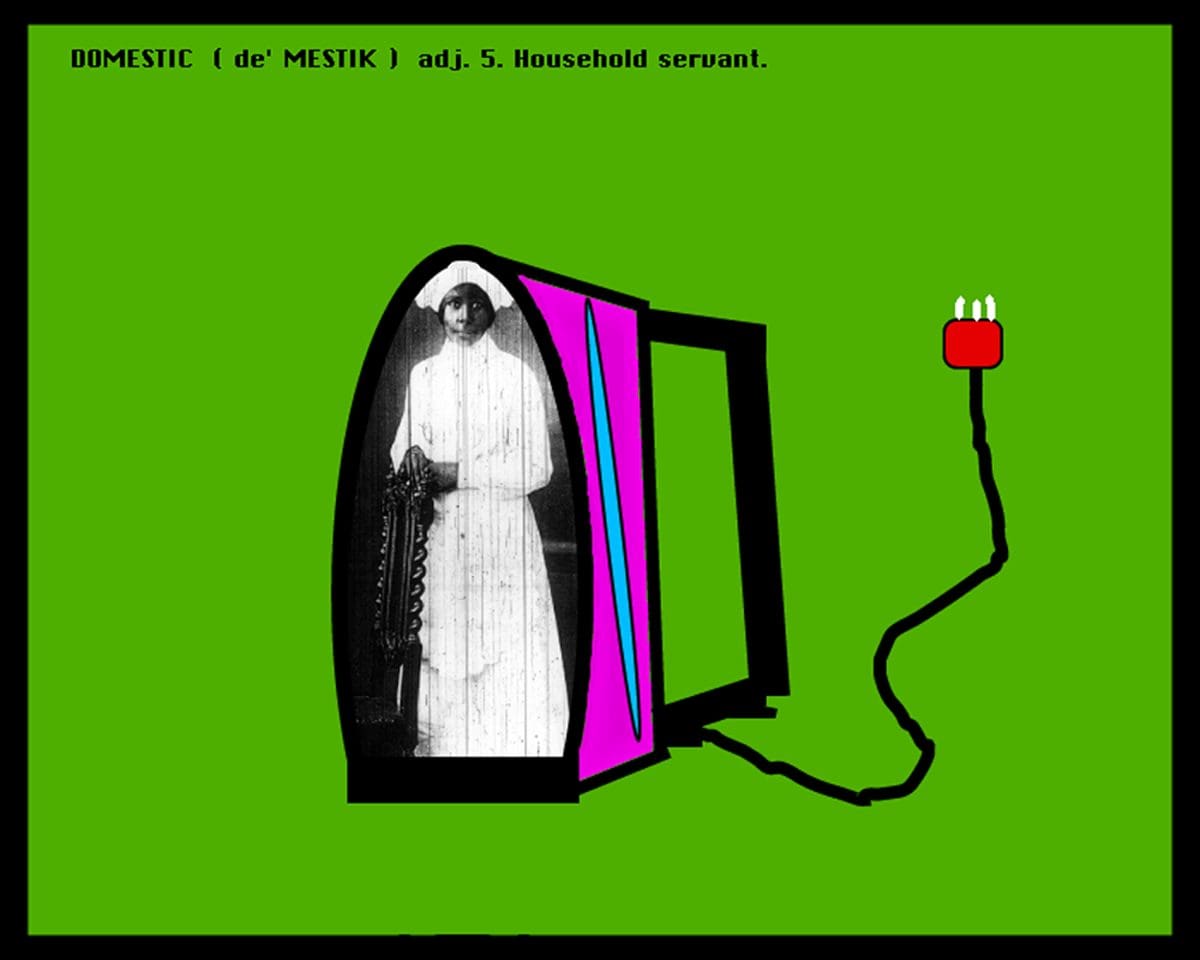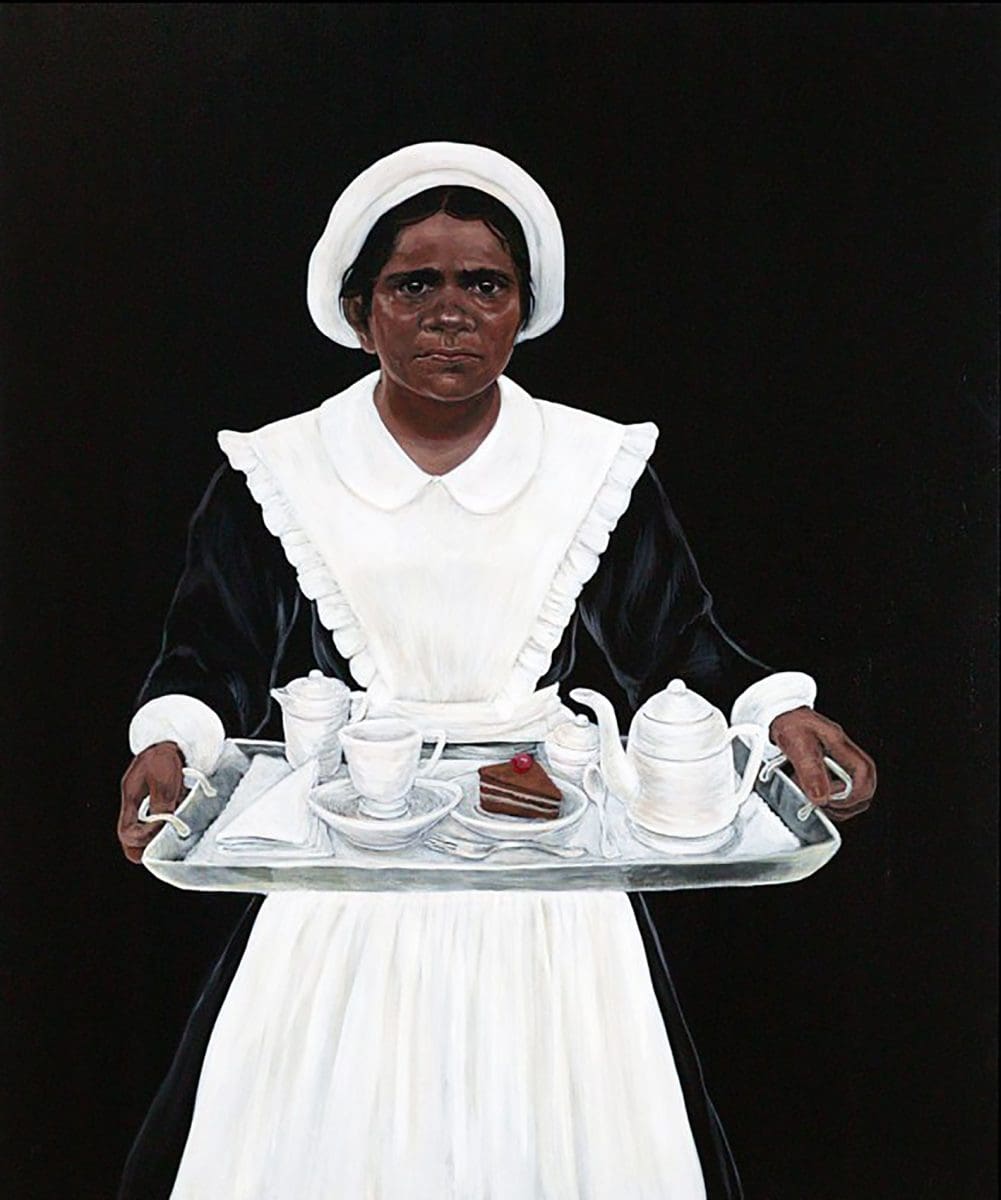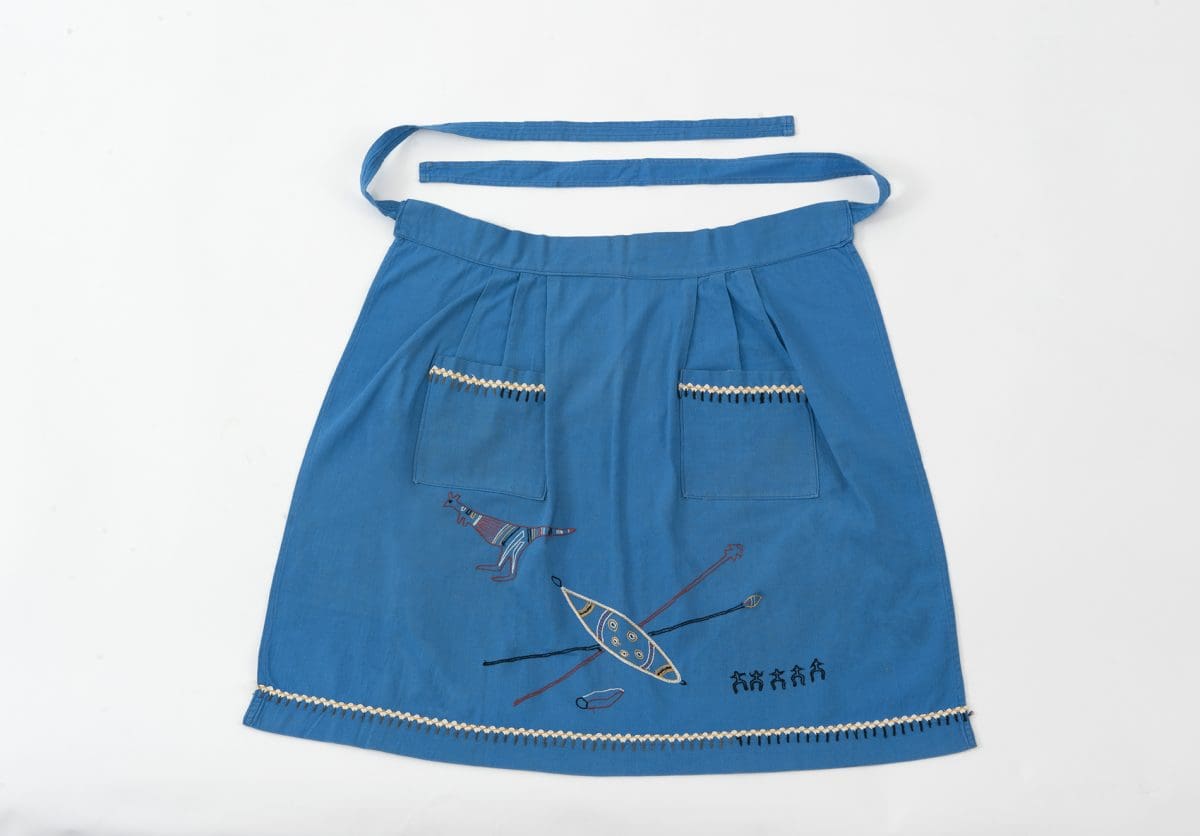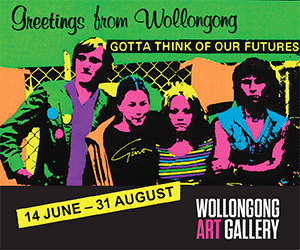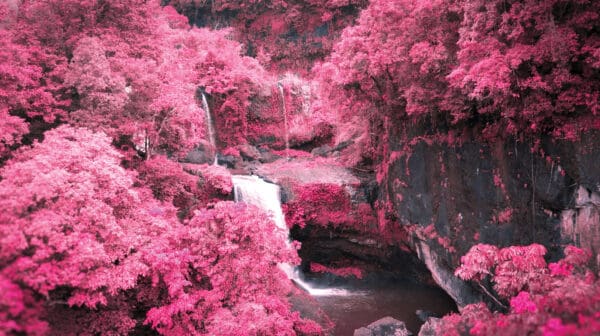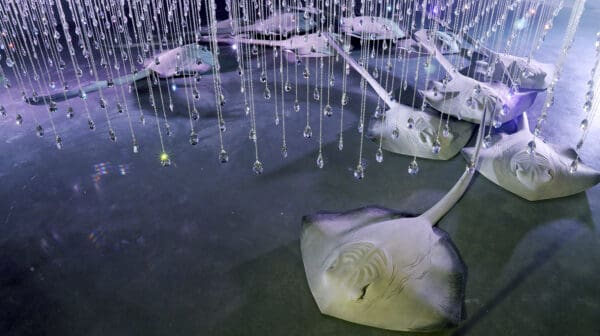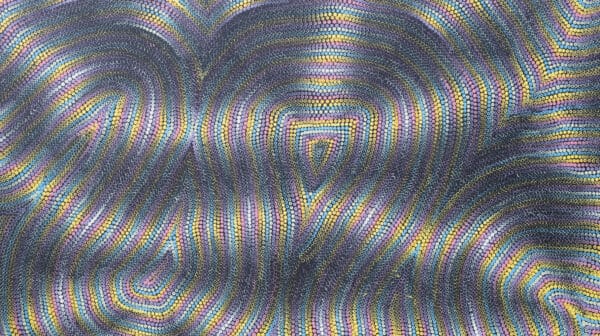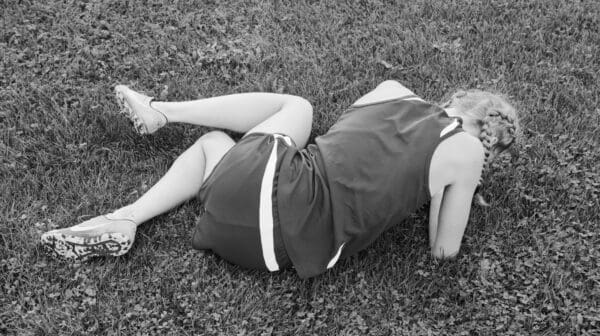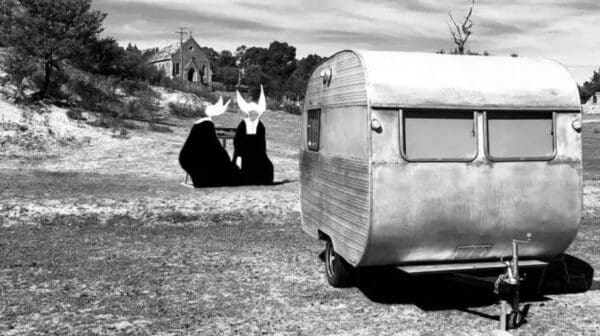Sovereign sisters: domestic work sheds light on Aboriginal and Torres Strait Islander women’s forced domestic service. Throughout colonisation, young women were frequently taken from their communities to service the familial needs of white settler homes. The exhibition highlights the resilience of these women, who experienced labour conditions akin to slavery.
Featuring Yhonnie Scarce, Dale Harding, Tracey Moffatt, Destiny Deacon, Unbound Collective and Julie Dowling, as well as photos, materials and handmade garments from unknown artists, the exhibition is a testimony to truth and Blak survival. “The prime minister recently said there was ‘no slavery in this country,’” co-curator Ali Gumillya Baker explains. “The exhibition responds to the denial of the fact that indentured servitude can be called slavery.
For Baker and co-curator Madeline Reece, the collection plays a role in the truth-telling and healing of a nation stained by colonisation’s harm. Bringing together contemporary artworks and historical documentation fortifies First Peoples’ ongoing sovereignty while acknowledging their harsh exploitation. “The wealth of this country was built on the back of our unpaid labour and being told we were savage and unclean,” Baker says.
In Yhonnie Scarce’s 2011 work Florey and Fanny, two hand-sewn white aprons contain blown-glass yams in their pockets. The matriarchs’ names are embroidered into the white cotton, demonstrating Scarce’s unbreakable connection to culture. This piece, alongside other video work, photography and historical documentation, cleverly challenges settler stereotypes of Aboriginal weakness. While grief haunts much of the collection, hope and strength radiates, allowing communities to mourn and honour their ancestors’ labour.
Sovereign sisters: domestic work
Flinders University Museum of Art
Curated by Ali Gumillya Baker with Madeline Reece
11 October—8 April 2022
This article was originally published in the September/October 2021 print edition of Art Guide Australia.
